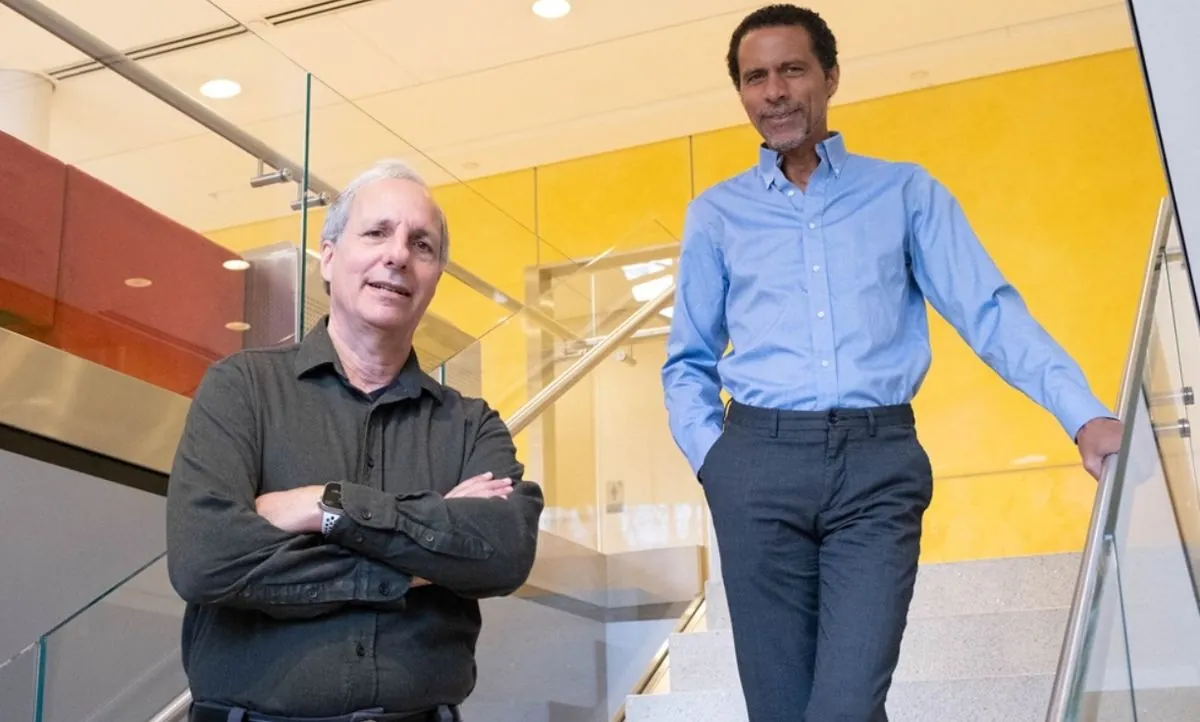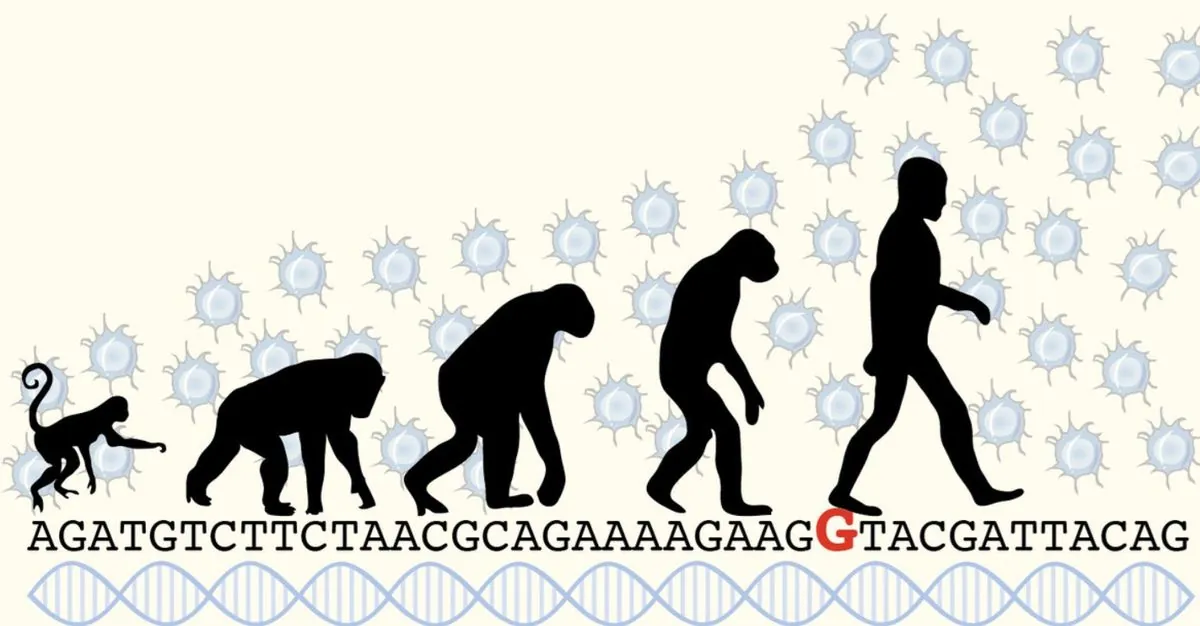A unique protein variant may hold the key to the origin of human language
Kyiv • UNN
Researchers have discovered a unique variant of the NOVA1 protein (I197V), which is found only in modern humans. This genetic feature was absent in Neanderthals and appeared after the evolutionary divergence of humans.

A study published in the journal Nature Communications describes a unique variant in the neural RNA-binding protein of the human central nervous system. This amino acid change (called I197V) is likely key to understanding how humans developed the ability for complex speech. This is reported by UNN with reference to Nature and DW.
Details
Our ancestors, as well as close relatives such as Neanderthals, likely had anatomical features of the throat and ears that allowed them to speak and hear oral speech. Science knows that they and we have the same gene variant associated with the ability to speak. However, until now, it was not known why humans have their own unique change in the gene.
In the context of the peculiarities of the human vocal tract and the complex neural networks that enable our speech abilities, the RNA-binding protein NOVA1 should be highlighted. It is crucial for brain development and neuromuscular control and is found in many parts of the biosphere - from mammals to birds. In humans, the I197V variant is present in the protein chain.
During a series of studies, a team of scientists from Rockefeller University used CRISPR gene editing to replace the common mouse NOVA1 protein with the human I197V variant.
Scientists found that it was I197V, inherent in humans, that contributed to the emergence of spoken language.
This gene is part of a radical evolutionary shift in early modern humans and points to a possible ancient origin of spoken language.

The researcher even suggests that NOVA1 may be the true "language gene" of humans, but admits that it is more likely "one of many human-specific genetic changes."
Back through the centuries
Studying the genomes of archaic human relatives, Neanderthals (a subspecies of late Pleistocene humans) of Europe and Denisovans of Central Asia (a species of extinct humans known from extremely fragmentary material), scientists found that ancient human species had the same NOVA1 variant as other animals. However, it is in modern humans that the unique I197V version dominates.
Interesting fact: an analysis of over 650,000 genomes of modern humans documented the presence of I197V in all but six individuals.
This indicates a unique human change. It manifested itself in Africa, after we evolutionarily separated from our ancient relatives. This is also a clue that this NOVA1 change may be an unexpected human-specific gene related specifically to language.

Recall
Research has shown that the brain retains memories from the period of childhood amnesia into adulthood, although they are not consciously remembered. The age of the first memories and their detail depend on the cultural environment and upbringing.